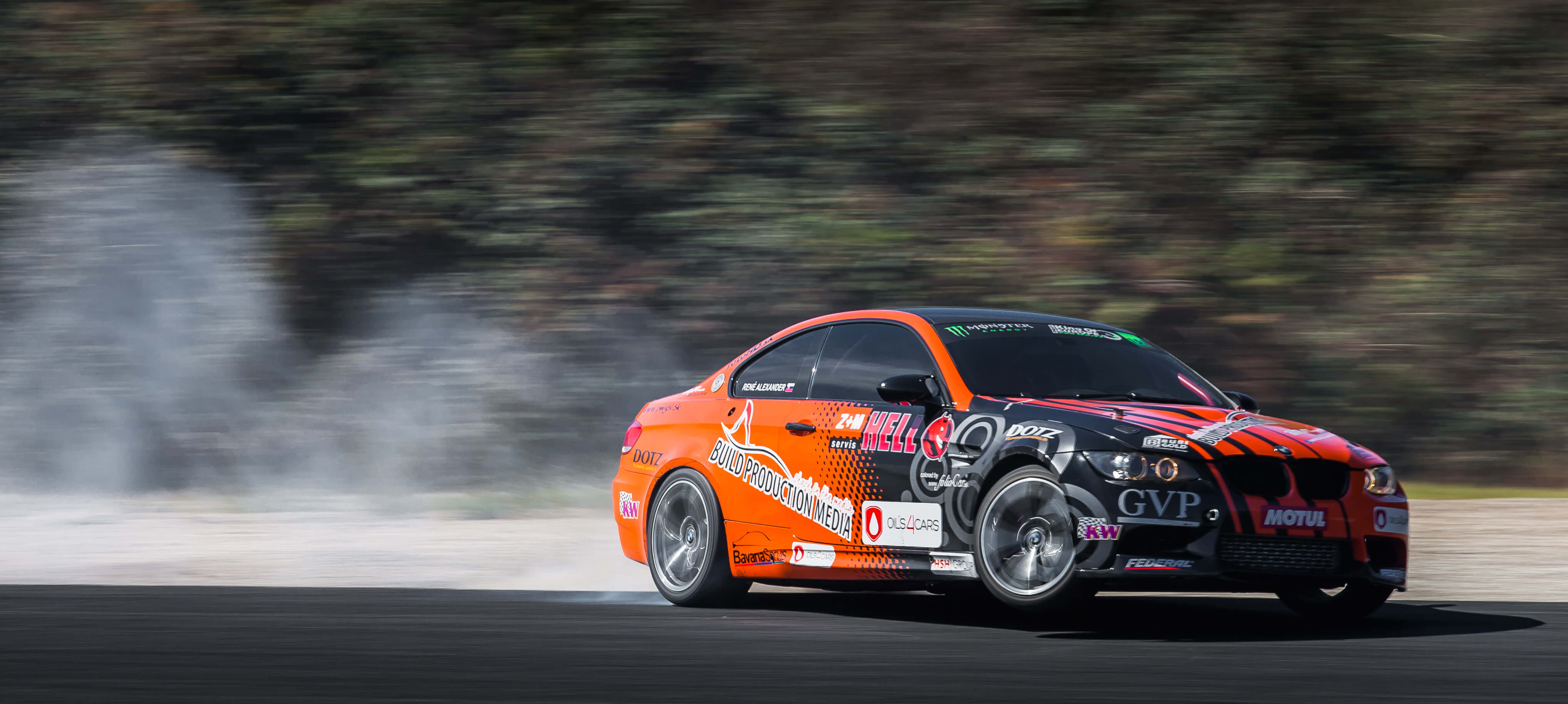
Donate to Marie Curie Cancer Care
Bill Gates reportedly compared computers with cars, claiming that, ‘If General Motors had kept up with technology like the computer industry has, we would all be driving twenty-five dollar cars that got 1,000 miles to the gallon.’
General Motors’ reported response was, ‘Yes, but would you want your car to crash twice a day?’ This has spawned a succession off similar analogies.
If a car was like a PC, then every car you would buy would have the same engine.
The car would regularly stop for no reason, when executing a common manoeuvre. When you restarted it, it would usually appear to work normally but sometimes you would have to restart your journey.
When you turned the car radio on, the car would inform you that you were short of electricity and would have to turn another device off (like the headlights) if you wanted to use the radio application.
All the warning features for oil, gas, electricity, brakes, airbags, etc. would be installed as a single warning which flashed up the helpful message ‘Something is wrong, please stop the car’. When you called up for help, you would have to dial a toll free number and select the proper code for the repair you wished to have done. An automated voice would walk you through the steps to repair the car yourself and when that didn’t work would refer you to the company that sold the petrol.
Every time you bought a new car, you’d have to buy one with a bigger engine that went no faster and worked no better. What is more, every new model you could buy would have a different set of controls that worked in a slightly different way, but never improved the ability to drive.
The re-sale value of the car would drop 75% as soon as you drove out of the showroom and would be zero within two years.
If you bought new tyres, you would discover that you had to buy new seats, mirrors and windscreen wipers, because it was only possible to buy a bundle.
One other manufacturer would make a car that came fully loaded with optional equipment, was powered by the sun, reliable, five times as fast, twice as easy to drive, but would do no advertising and have very few dealerships. A few people would buy such cars, but if they ever drove them to work, they would be required by their employers to get expensive upgrades for their cars, which would make than run much slower and behave like other cars.
The owner of the carburettor (and other components) company would be verb rich and travel round the globe meeting world leaders, advising them that their economies would fail if they didn’t encourage the buying of more cars.
Occasionally while abroad this individual would get a cream flan in the face. If this man were ever accused of running a monopoly, he would counter with the argument that cars is a competitive business in which his company has proved to be successful by competing and innovating better. If his company’s dominant position were ever threatened, it would be a threat to innovation and car technology would cease to improve. This would be a difficult argument to counter because it would be clear that car technology desperately needed to improve.
OR
BILL GATES AND GENERAL MOTORS
For all of us who feel only the deepest love and affection for the way computers have enhanced our lives, read on.
At a recent computer expo (COMDEX), Bill Gates reportedly compared the computer industry with the auto industry and stated, ‘If General Motors had kept up with technology like the computer industry has, we would all be driving £25 cars that got 1,000 miles to the gallon’.
In response to Bill Gates’ comments General Motors issued a press release stating, ‘If GM had developed technology like Microsoft, we would all be driving cars with the following characteristics:
- For no reason whatsoever your car would crash…twice a day.
- Every time they repainted the lines in the road, you would have to buy a new car.
- Occasionally your car would die on the freeway for no reason. You would have to pull to the side of the road, close all of the windows, shut off the car, restart it and reopen the windows before you could continue. For some reason you would simply accept this.
- Occasionally, executing a manoeuvre such as a left turn would cause your car to shut down and refuse to restart, in which case you would have to reinstall the engine.
- Macintosh would make a car that was powered by the sun, was reliable, five times as fast and twice as easy to drive – but would run on only five percent of the roads.
- The oil, water temperature and alternator warning lights would all be replaced by a single ‘This Car Has Performed An Illegal Operation’ warning light.
- The airbag system would ask ‘Are you sure?’ before deploying.
- Occasionally, for no reason whatsoever, your car would lock you out and refuse to let you in until you simultaneously lifted the door handle, turned the key and grabbed hold of the radio antenna.
- Every time a new car was introduced car buyers would have to learn how to drive all over again because none of the controls would operate in the same manner as the old car.
- You’d have to press the ‘Start’ button to turn the engine off.
p.s. I’d like to add that when all else fails, you could call ‘customer service’ in some foreign country and be instructed in some foreign language how to fix your car yourself.
